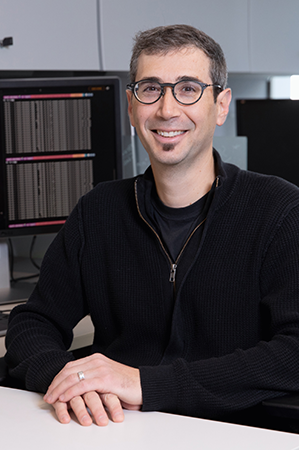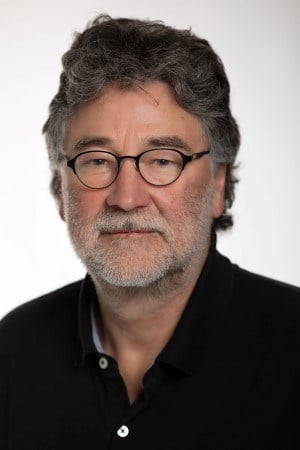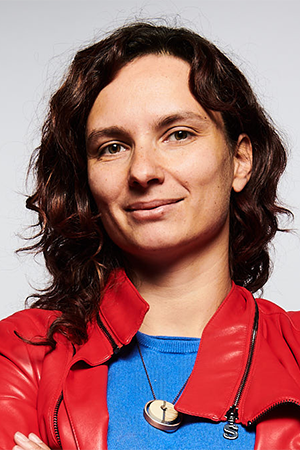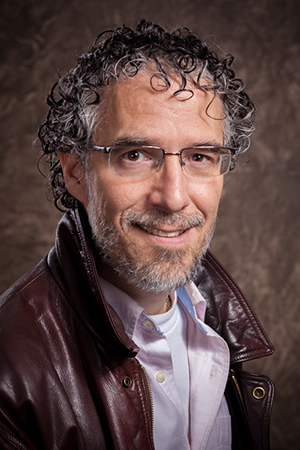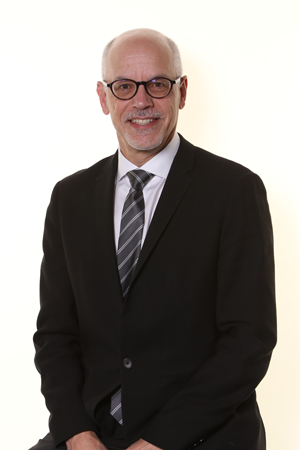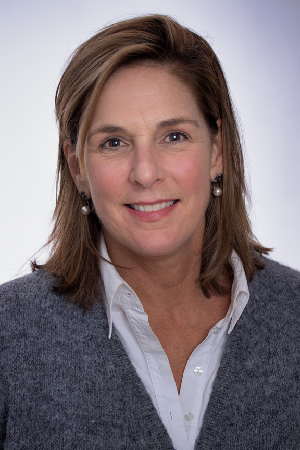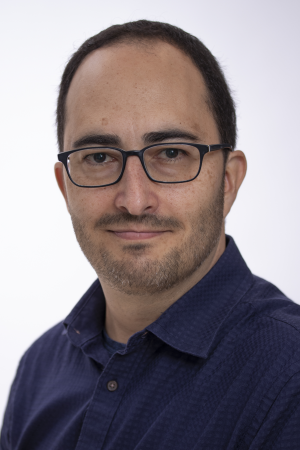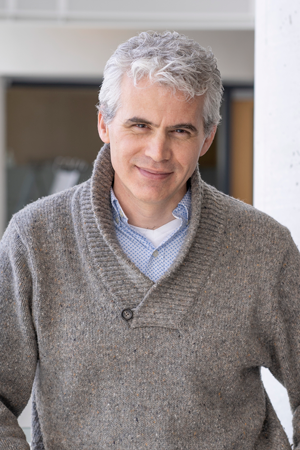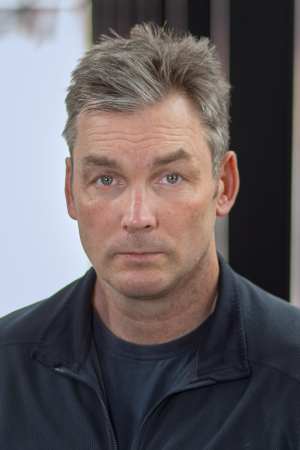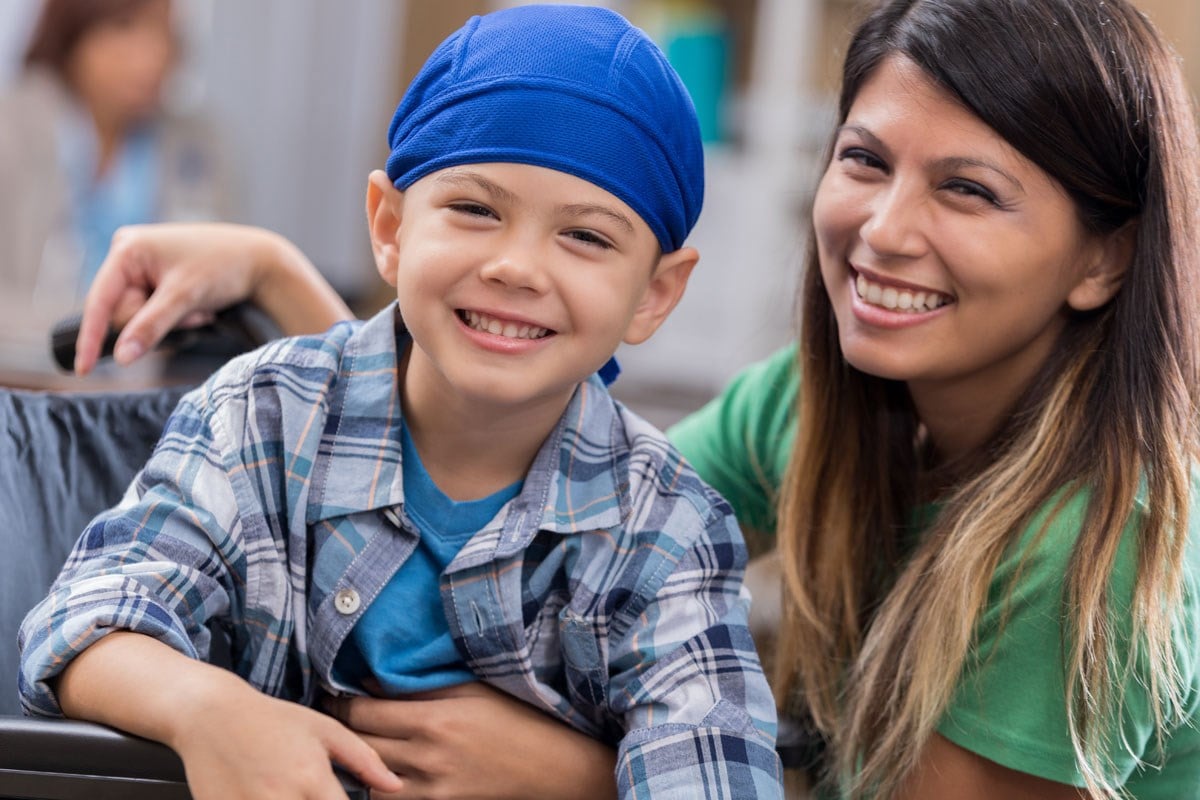Genetics & Genome Biology
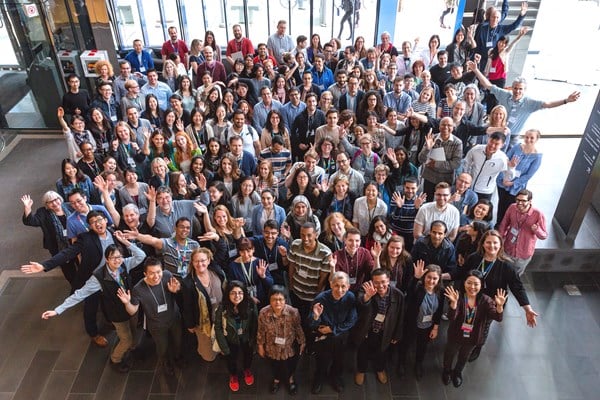
Using innovative sequencing and disease modeling technologies, we aim to determine the role genes play in paediatric health.
Led by program head Dr. Jason Moffat, the Genetics & Genome Biology (GGB) program use genetics and genomics to understand human health and disease, as well as genetic and environmental influences on disease risk. The team translates that knowledge to improve child health through treatment or prevention strategies.
$166,700,000M research funding brought in by GGB (2013-2018)
1,464 manuscripts published in the past five years
300 publications featuring GGB researchers
75%+ faculty papers have an h-index of ≥20
Research team
GGB is recognized by external reviewers for its influential research that has led to scientific advancements, most notably the analysis of whole genome sequence data and the analysis of genomic structural variation and its consequences. The program has received many awards, and continues to publish studies in top journals, such as Nature, Nature Genetics, The American Journal of Human Genetics, Science, Molecular Cell, and The Journal of Clinical Investigation.
GGB is a collaborative community always interested in recruiting talented people from all educational backgrounds and academic levels. Working with the SickKids Research Training Centre, both students and fellows can receive exceptional training and real hands-on experience from world renown scientists.
- Dr. Monica Justice (Senior Scientist Emeritus)
- Dr. Johanna Rommens (Senior Scientist Emeritus)
- Dr. Ingrid Tein (Senior Associate Scientist Emeritus)
- Dr. Lap-Chee Tsui (Senior Scientist Emeritus)
- Dr. Riyana Babul-Hirji
- Dr. Aaron Campigotto
- Dr. Kathy Chun
- Dr. Cheryl Cytrynbaum
- Dr. Anirban Das
- Dr. Laura Guilder
- Dr. Afia Hasnain
- Dr. Michal Inbar-Feigenberg
- Dr. Raymond Kim
- Dr. Adrian Levine
- Dr. Christian Robert Marshall
- Dr. Andrew McFadyen
- Dr. Roberto Mendoza-Londono
- Dr. Lauryl M J Nutter (Technical Innovation Investigator)
- Dr. Mary Shago
- Dr. Martin Somerville
- Dr. Anna Szuto
- Dr. Yiming Wang
- Dr. Ted (Edwin) Young
- Dr. Paul Arnold
- Dr. Elemi Breetvelt
- Dr. Michael Brudno
- Dr. Melissa McCradden
- Dr. Neal Sondheimer
- Elaine Chang
- Lillian Chow
- Chelsea Mopas
- Sharu Raveendran
- Natalie Sun, MSc
- Catherine Tan
Awards and achievements
Many GGB faculty hold endowed or research chairs. The Canada Research Chair program is designed to attract and retain some of the world’s most accomplished and promising minds by paying a large portion of their salary. Chairholders aim to achieve research excellence in engineering and the natural sciences, health sciences, humanities, or social sciences. An endowed chair provides a SickKids' Foundation Endowment with an annual payout that recognizes high achievement by individual faculty.
In Canadian Institutes of Health Research (CIHR) competitions for Foundation Scheme and Project funding, GGB members have consistently exceeded the success rates nationally. Drs. Stephen Scherer, Monica Justice and David Malkin hold CIHR Foundation Scheme grants.
Research themes
Revolutionizing genetics and genome biology research
Next-gen sequencing tools have revolutionized our understanding of disease and approaches to science. Advances in gene discovery via sequencing have set the stage for genetic diagnosis for the majority of SickKids' patients.
Through sequencing, our researchers have discovered the similarities and differences in genomes, how genetic variation leads to morphological or physiological differences, and how disease develops. A second genetic revolution, CRISPR-Cas9 genome editing, is being used by researchers to model disease mutations, understand functional outcomes, and develop treatment strategies.
SickKids continues to lead in the discovery of genes involved in human diseases. We develop methods to understand the genome and disease by leading the world in the analysis of the whole genome sequence, and by developing approaches to understand the role of unusual variants in coding and non-coding genomes.
Genome organization plays a role in DNA integrity and gene expression, in part through interactions with proteins and RNA. Geneticists in GGB study the role of DNA methylation and chromatin dynamics in disease. Members are developing tools to diagnose and treat diseases that involve DNA methylation, replication, and repair.
GGB researchers dissect the molecular mechanisms for diseases using patient information or cell-and organismal-models. Networks and pathways are analysed to inform treatment strategies.
The availability of large datasets and the need to integrate patient sequence and phenotype data into everyday practice has brought about a need to apply computer and statistical analysis to health and disease. Members of GGB are developing platforms that can predict disease risk, responses to drugs or therapies, and help physicians integrate data into patient care.
Our ultimate goal is to identify, translate and implement therapies for patients with genetic disease. The genome editing revolution has brought the treatment of genetic diseases to the forefront of translational medicine. GGB researchers develop gene-based treatments for disease, and use genetic information to predict therapies.
Genetic breakthroughs
The world-class, high-impact research conducted by the program’s scientists has led to novel therapies in children’s health-care through diagnosing rare and common illnesses, understanding cancer risk, and identifying the mechanism for disease development. A combination of genetic analyses, genomic and bioinformatics platforms, preclinical models, and ‘big data’ are regularly used to study genetic and epigenetic contributions to monogenic and complex diseases. Clinical and basic researchers in GGB partner with colleagues at SickKids, nationally and internationally to translate genetic findings to the clinic, and adapt genetic knowledge to treatment.
These are just a handful of the major breakthroughs credited to our SickKids researchers.

Improving clinical diagnosis through epigenetic classification
Dr. Rosanna Weksberg and her team have pioneered an epigenetic classifier that has utility for clinical diagnosis of rare diseases.
Using genome-wide DNA methylation-based assays, and bioinformatic analytic pipelines including artificial intelligence, the Weksberg lab has developed many highly sensitive and specific classifiers for functional assessment of variant pathogenicity in rare neurodevelopmental disorders. With the growing prominence of personalized medicine in health care and the focus on the development of new treatments, the ultimate goal of an accurate molecular diagnosis is shifting from just identifying a causal gene to understanding the functionality of each gene variant. This shift will enable personalized genomic medicine to ultimately deliver a full suite of diagnostic and treatment options to individuals with rare neurodevelopmental disorders.
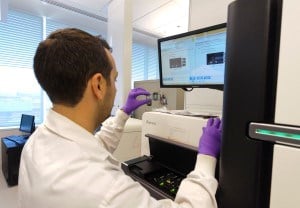
Positioning SickKids as world leaders in genome sequencing
Dr. Stephen Scherer, Director of TCAG, was recognized in 2014 as a Thompson Reuters Citation Laureate, in part for citations of a classic paper revealing the contribution of copy number variation to disease. His internationally recognized research program continues to reveal many new genetic and functional targets in Autism Spectrum Disorders (ASD) that may lead to connected pathways.
Dr. Scherer also heads the University’s McLaughlin Centre for Molecular Medicine, whose key goal is to advance genomic medicine through research and education. The McLaughlin Centre is a major supporter of the MSSNG database, which includes 10,000 whole genome sequences from affected ASD individuals and their families. He ensures that Canada leads world-wide in sequencing approaches and technology by spear heading cutting edge initiatives such as hosting "Genes in the Cloud" with Google.

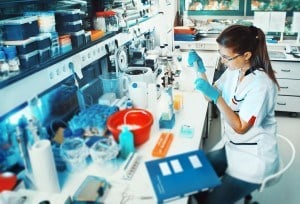
Analyzing 80,000 individual tumours to understand behaviours
By analyzing the genomes from more than 80,000 individual tumours of multiple tissue types, the powerful collaborating team of Drs. David Malkin, Uri Tabori, and Adam Shlien identified a hypermutant molecular signature that informs how the tumour will behave.
The hypermutant signature occurs in 17 per cent of adult and 10 per cent of paediatric cancers across all tissue origins, suggesting for the first time that cancer type not tissue of origin is important for informing therapies. Thus, certain drugs will target specific hypermutant tumour types, while the tumour’s molecular signature can reveal which drugs should be avoided.

Improving care through machine learning and A.I.
Dr. Anna Goldenberg and her team have worked alongside SickKids clinicians to find novel ways of examining medical problems through machine learning.
Using high-performance computing, new mathematical paradigms, and the large amounts of available data, the team uses Artificial Intelligence to develop and test predictive algorithms that harness data to identify solutions for better care. For example, Dr. Goldenberg is using A.I. to merge different types of genomic data to predict disease outcome, to improve resource use in the emergency room, prevent cardiac arrest in critical care patients, and assess if young patients at high cancer risk will benefit from invasive screening.

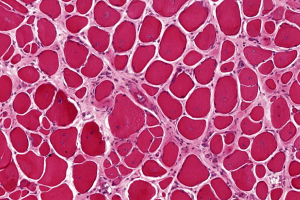
Innovating genome editing strategies for muscle diseases
Dr. Ronald Cohn's lab has been a leader in genome editing strategies for muscle diseases. Using mouse models of laminopathies and muscular dystrophy, the lab has developed and tested innovative genome editing strategies that either remove a detrimental exon or up-regulate a related, complementing gene for disease treatment.
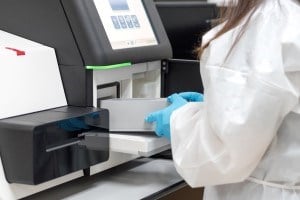
The first discovery of repeat expansion disease treatments
Dr. Christopher Pearson’s lab focuses on understanding the disease-causing properties of trinucleotide repeat expansions in many diseases, including ALS, Huntington’s and myotonic dystrophy.
His lab uses DNA repair/replication systems in human cells, human cell extracts or human recombinant proteins, and disease-relevant animal models to identify and test disease treatments. Such studies are crucial toward attaining his long-term goal of preventing or reversing repeat expansions in patients. His work has led to the discovery of a treatment for diseases caused by repeat expansion, which has garnered much industry attention.


Exploring environmental influences in autoimmune disease
Both genetic and environmental factors contribute to an individual's susceptibility to autoimmune disease, but specific environmental influences are not well characterized.
Dr. Jayne Danska explored how the gut microbiota influenced susceptibility to type 1 diabetes in mice. In the non-obese diabetic (NOD) mouse model of type 1 diabetes, female mice are significantly more susceptible to disease than males; however, this difference was not apparent under germ-free conditions. Transfer of cecal contents from male mice to female mice prior to disease onset protected against pancreatic islet inflammation, autoantibody production, and the development of diabetes, and was associated with increased testosterone in female mice. That means the microbiota may be able to regulate sex hormones and influence an individual's susceptibility to autoimmunity.
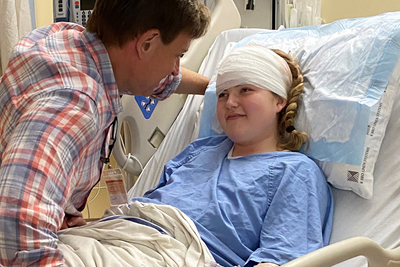
June 13, 2025
Molecular testing unveils new insights into adolescent and young adult brain cancer
Research highlights the need for age-specific treatment strategies that consider a tumour’s molecular origin, not just patient age at diagnosis.
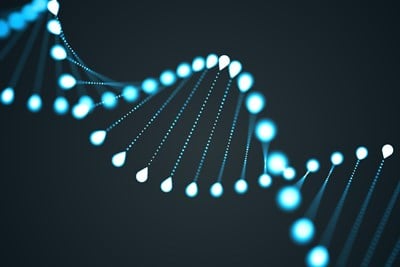
May 28, 2025
Global experts release first international consensus guidelines for a precision genetic medicine
The guidelines aim to improve screening and broaden access to antisense oligonucleotide (ASO) therapy.
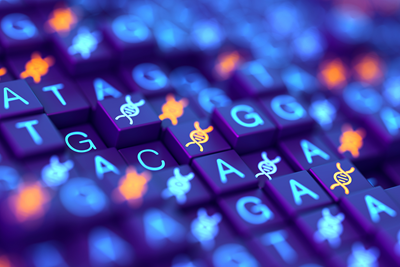
April 21, 2025
Study reveals new genetic mechanism behind autism development
Researchers have identified a genetic link between myotonic dystrophy and autism spectrum disorder, which may explain how autism develops in the general population.
Collaborators
We're proud to work alongside top researchers and staff at SickKids and across the country.
Contact GGB
Rosa Freire, Program Manager
686 Bay St, Toronto, ON M5G 0A4
416-813-6384


